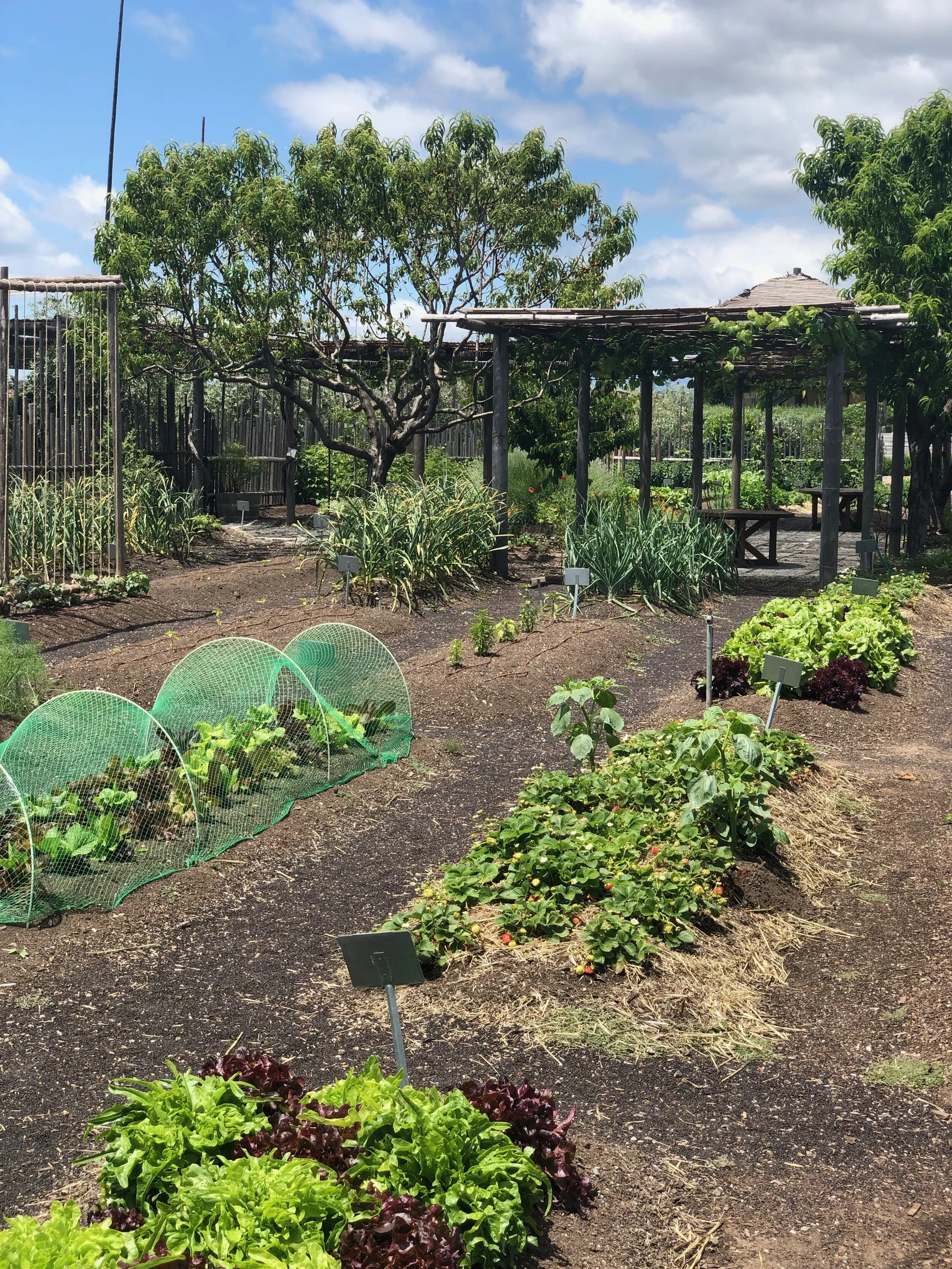How to Reduce Air Pollution (And Why It’s More Important Now than Ever)
Note: This content has been updated since its original post
When the coronavirus pandemic began, I wrote this post about my deepening awareness that clean air is a resource that should not be taken for granted. I personally felt gratitude for my healthy lungs, but this respiratory disease sweeping the globe made me acutely aware that when the pandemic subsides, we must persist in the fight to improve our air quality so that future generations can benefit from healthy lungs and clean air.
Since first publishing this post, new research surfaced that makes the importance of clean air more imminent and crucial than ever before. A Harvard study shows that those with the same pre-existing conditions posing a higher risk of death from COVID-19 are the same conditions exacerbated by air pollution. This may indicate a link between poor air quality and COVID-19 deaths. While the stay-at-home orders brought on by the pandemic have greatly decreased air pollution in certain car-reliant areas, many areas are beginning to reopen, but the coronavirus has not gone away. While we are keeping safety and sanitization methods top-of-mind to prevent the spread of the virus, we must also keep in mind ways we can keep air pollution at bay to prevent further increasing the risk for those with pre-existing conditions and work toward our goal of halving our emissions by 2030 per the Paris Climate Agreement. Below are a few ways we can prioritize improving air quality as we stay at home and reintegrate into society.
Plant a Garden/Eat Farm-to-Table - The more food we can source at, or close to home, the less distance produce has to travel over land to reach our plates. This means fewer transportation and agriculture-related CO2 emissions. As we begin venturing out to restaurants again, take care to research farm-to-table restaurants in your community that are reopening and likely need your support. By 2050, we will need to be growing most of our food in our community if we are going to achieve the necessary net-zero emissions to keep humanity alive, so what better time to start than now?!
When Gardening, Go Electric - Since you’re already making the effort to grow more produce at home, make sure your lawn care methods are also green, so to speak. Opt for electric-powered appliances, such as lawn mowers, leaf-blowers, etc. rather than gas to emit less CO2 while in the yard.
Experiment With Vegan Recipes - One of the largest culprits of CO2 emissions is industrial agriculture. It relies on vast swaths of land dedicated to soil-eroding monocultures like soy and corn, much of which is grown as feed for the animals we eat. Switching to a vegan or even mostly vegan diet is one of the most impactful choices we can make as individuals to curb emissions. Looking for ideas? I like Laura Miller’s Raw. Vegan. Not Gross. for healthy recipe inspiration!
Divest From Fossil Fuels - Looking at your investment portfolio might be a bit cringey right now, but there’s never been a more apt time to divest from an industry that belches pollutants into the very air we rely on to stay healthy…and alive. Not convinced? Here are three additional reasons that might motivate you:
The wealth created by this industry will be handed down to the next generation within 5 years, and many of those young people do not want to continue spending on an industry that will compromise their very future
Fossil Fuels are no longer able to attract the best and brightest minds to their business, because the next generation wants to work for businesses that will create a cleaner, greener world
Either we all successfully divest from Fossil Fuels and the industry goes under, or we let tipping point after tipping point pass us in the next 30 years until there is no hope of salvation for humanity…makes the choice pretty easy don’t you think?




























